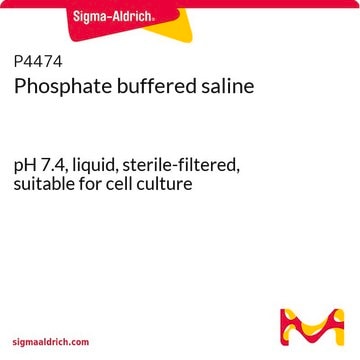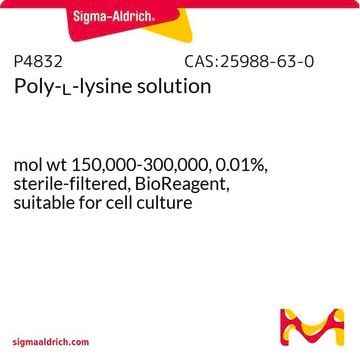Wichtige Dokumente
SML1781
PDD00017273
≥98% (HPLC), powder, poly(ADP-ribose) glycohydrolase inhibitor
Synonym(e):
1-[(1,3-Dimethyl-1H-pyrazol-5-yl)methyl]-1,2,3,4-tetrahydro-N-(1-methylcyclopropyl)-3-[(2-methyl-5-thiazolyl)methyl]-2,4-dioxo-6-quinazolinesulfonamide
Größe auswählen
147,00 €
Versandbereit am14. April 2025Details
Größe auswählen
About This Item
147,00 €
Versandbereit am14. April 2025Details
Empfohlene Produkte
Produktbezeichnung
PDD00017273, ≥98% (HPLC)
Qualitätsniveau
Assay
≥98% (HPLC)
Form
powder
Farbe
white to beige
Löslichkeit
DMSO: 10 mg/mL, clear
Lagertemp.
2-8°C
SMILES String
[S](=O)(=O)(NC5(CC5)C)c1cc2c([n]([c]([n]([c]2=O)Cc4[s]c(nc4)C)=O)Cc3[n](nc(c3)C)C)cc1
InChIKey
IFWUBRBMMNTBRZ-UHFFFAOYSA-N
Biochem./physiol. Wirkung
Lagerklassenschlüssel
11 - Combustible Solids
WGK
WGK 3
Flammpunkt (°F)
Not applicable
Flammpunkt (°C)
Not applicable
Hier finden Sie alle aktuellen Versionen:
Analysenzertifikate (COA)
Die passende Version wird nicht angezeigt?
Wenn Sie eine bestimmte Version benötigen, können Sie anhand der Lot- oder Chargennummer nach einem spezifischen Zertifikat suchen.
Besitzen Sie dieses Produkt bereits?
In der Dokumentenbibliothek finden Sie die Dokumentation zu den Produkten, die Sie kürzlich erworben haben.
Aktive Filter
Unser Team von Wissenschaftlern verfügt über Erfahrung in allen Forschungsbereichen einschließlich Life Science, Materialwissenschaften, chemischer Synthese, Chromatographie, Analytik und vielen mehr..
Setzen Sie sich mit dem technischen Dienst in Verbindung.







